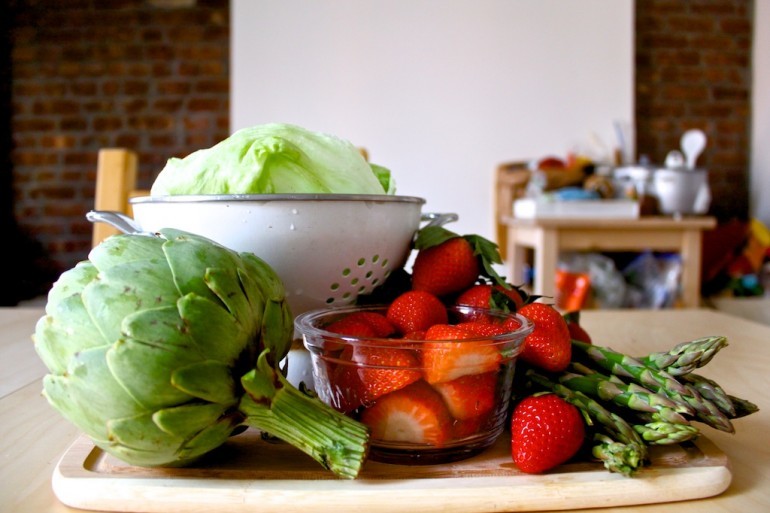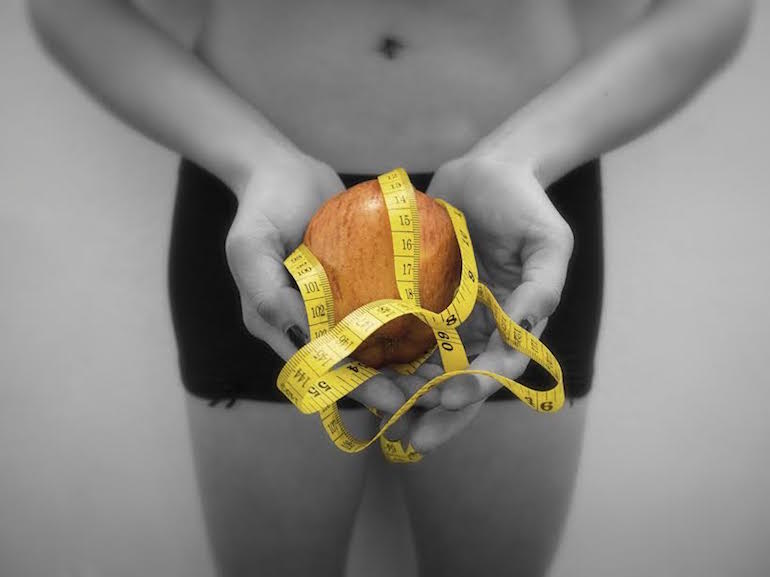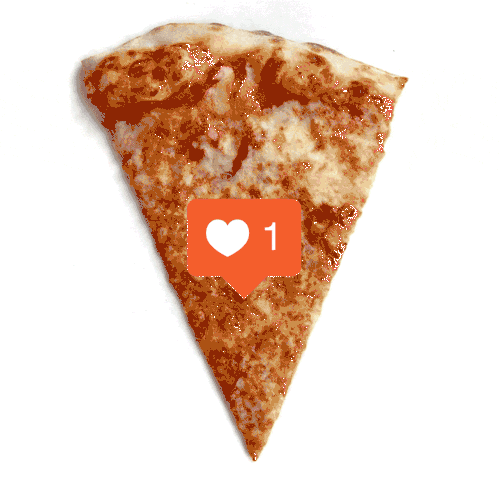Before I begin my preaching session on intuitive eating, I have a question. Was your last year of high school everything you wanted it to be and more? I’m going to take a shot in the dark and say, no.
Unfortunately, life has a way of crushing expectations. The parties were most likely not as exciting or numerous as you thought they would be, and you never imagined your friends wanting to kill each other over a prom date.
These were the average struggles that I heard my friends vent about, over and over. I, on the other hand, suffered from a disorder called orthorexia.
Orthorexia begins as a goal to eat more healthfully, but orthorexics obsess over food quality and purity. For me, this obsession stemmed from my need for control in my life. The thought of college freaked me out, and I turned to my diet for comfort.

Photo by Delissa Handoko
I would research foods that boosted metabolism and kept you fuller longer. I would replace vegetable oil with coconut oil, and eat 75% cocoa dark chocolate, all while drinking a hot cup of green tea. I thought I was killin’ the game.
Turns out, not so much. I dropped 20 pounds in about a month. However, I still did not catch onto the issue. It took me over 6 months to figure out that I had a problem. My healthy food restrictions were not providing my body with enough calories to survive, even at rest.

Photo by Luna Zhang
This was all before I discovered intuitive eating.
Intuitive eating, in simple terms, is having a positive outlook on food, and how it benefits, rather than harms your body. This approach does not restrict you from eating anything. Instead, you simply become more aware of your body, and what it is telling you.
The main rule is as follows: if you are hungry, eat, and stop eating when you are full. Rather than being disappointed in yourself for eating a cookie, intuitive eating strives to rid your brain of those negative thoughts of certain foods.

Gif courtesy of giphy.com
I think of intuitive eating as a form of positive psychology, rather than a diet. Why punish yourself for fueling your body? The goal of the practice is to rewire your mind and body so that you can become the healthiest version of yourself.

There are actual principles to intuitive eating, which you can check out here to help you get started.
I did not consciously make the decision to eat intuitively. My body was failing, and I needed to eat a lot in order for it to repair itself. Once my body was getting the nutrients it needed, and I became mentally stable, I was able to change my relationship with food. My personal motto became, “everything in moderation.” It was not until recently that I stumbled upon practices like the ones linked above, and realized how similar my new perspective on food was with the intuitive eating lifestyle.

Photo by Anna Palazzi -left: before recovery right: after recovery
I would be lying if I said I was an intuitive eating expert. I am still learning about the lifestyle myself. Today, I’m as happy and as healthy as I have ever been. I exercise regularly and I eat what I want. No, this does not mean I am taking in 4,000 calories in a day. I still eat well; a lot of fruits, chicken, vegetables, and fish. However, I do not deprive myself of a bacon cheeseburger, or those mighty-fine taquitos. My hope is that your body shaming ends before it ever gets to the point of an eating disorder and that you consider the intuitive eating lifestyle as your jumping off point.


